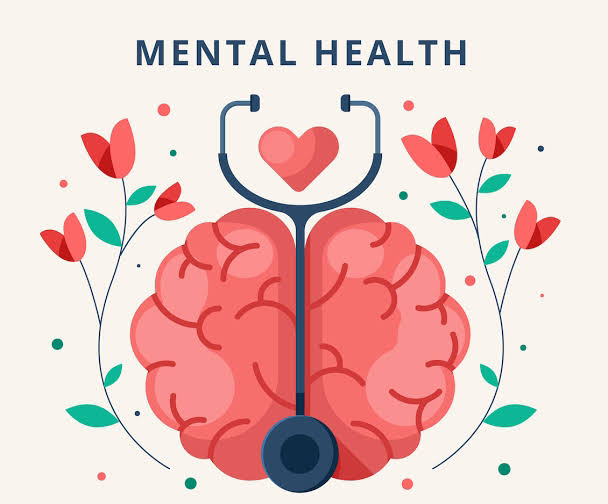In today's fast-paced and demanding world, taking care of our mental health has become more important than ever. The pressures of work,and daily responsibilities can often leave us feeling overwhelmed and stressed. However, by prioritizing self-care and adopting effective strategies, we can nurture our mental well-being and lead more fulfilling lives. This article explores various approaches to mental health and self-care, offering practical tips and insights to help individuals develop healthier habits and enhance their overall well-being.
To embark on a journey of self-care, it is crucial to understand the concept of mental health. Mental health refers to a person's emotional, psychological, and social well-being. It affects how individuals think, feel, and act, and influences their ability to handle stress, make choice. Recognizing the significance of mental health is the first step toward prioritizing self-care.
Physical self-care: Caring for our physical well-being can positively impact our mental health. Engaging in regular exercise, maintaining a balanced diet, getting sufficient sleep, and avoiding harmful substances are all essential aspects of physical self-care.
Acknowledging and managing our emotions is crucial for maintaining good mental health. Practicing self-compassion, expressing emotions through journaling or art, seeking therapy or counseling when needed, and engaging in activities that bring joy and fulfillment are effective emotional self-care practices.
4) Cognitive self-care: Our thoughts greatly influence our mental health. Engaging in activities that stimulate the mind, such as reading, solving puzzles, learning new skills, and practicing mindfulness and meditation, can improve cognitive function and overall well-being.
5)Spiritual self-care: For individuals seeking a sense of purpose and connection, spiritual self-care can be beneficial. Engaging in practices aligned with personal beliefs, spending time in nature, practicing gratitude, and exploring meditation or prayer can nurture the spiritual aspect of well-being.
Prioritizing Self-Care:
1)Time management: Allocating time specifically for self-care activities is crucial. Prioritizing self-care in our daily schedule ensures that we give ourselves the attention and care we deserve.
2)Boundaries: Establishing healthy boundaries in all aspects of life, including work, and social commitments, allows for better self-care. Learning to say no and setting limits on our time and energy help prevent burnout and promote balance.
3) Seeking support: It is important to remember that self-care does not mean going through challenges alone. Seeking support from friends, family, or mental health professionals can provide valuable guidance and help maintain mental well-being.
4) Consistency: Self-care is not a one-time event but a lifelong practice. Consistently prioritizing self-care and making it a habit is key to reaping its long-term benefits.
6)Conclusion:
In a world that often values productivity over well-being, focusing on mental health and self-care is essential. By adopting self-care practices and incorporating them into our daily lives, we can improve our mental well-being, enhance our resilience, and lead more fulfilling lives. Remember, taking care of ourselves is not selfish; it is a necessary step toward nurturing our mental health and overall happiness.
*Topic related to this topic by Tanishq Deshmukh*
By-Tanishq Deshmukh
14 June 2023













No comments:
Post a Comment